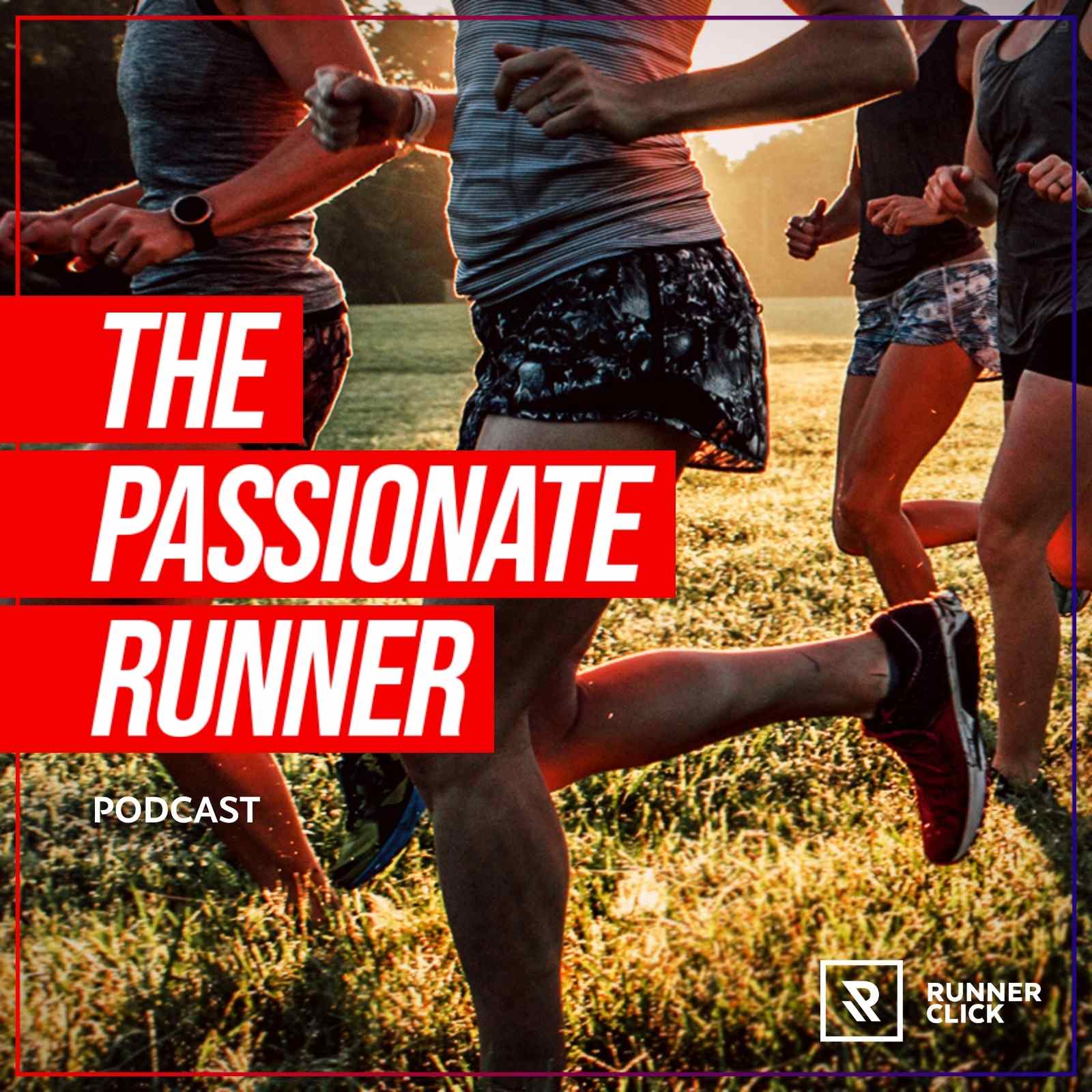021 Megan Robinson - The Physiology of Fueling
Episode Summary
Megan Robinson has been a competitive track and cross-country runner since high school and has competed in numerous long distance races, including the Boston Marathon. She is a Level 1 certified RRCA coach and registered dietician/nutritionist (RDN). Today, Megan joins the show to discuss why Marathon fueling can be so complicated, the physiology of fueling and the importance of hydration. Megan and Whitney discuss tips and best practices for carb loading, why there are mixed messages in the media about fueling and nutrition and what an ideal baseline nutrition plan looks like.
Episode Sponsor
Runner Click Pro – https://pro.runnerclick.com/
Key Takeaways
01:08 – Whitney Heins introduces today’s guest, Megan Robinson, who joins the show to share her experience as a Level 1 certified RRCA coach and registered sports dietician
09:21 – Why Marathon fueling can be so complicated
11:41 – Mixed media messages about fueling and nutrition
14:18 – The physiology of fueling
19:08 – The importance of hydration and the role of electrolytes
25:08 – Megan’s recommended baseline nutrition plan
33:26 – How runners should time their gels and electrolytes
41:49 – The dangers of dehydration and low blood sodium
46:41 – Megan’s thoughts on taking caffeine during races
55:41 – Tips and best practices for Carb loading
1:02:39 – Whitney thanks Megan for joining the show and wishes her luck in her next ran in Chicago
Tweetable Quotes
“It really made such a difference and impacted my life and how I saw nutrition. Especially to a teenager - especially as a female - you get those mixed messages. You look at your body type. You have negative body image often.” (06:37)
“I think the Marathon training is the hardest just because most of us are not used to eating on a run. Our gut is not used to taking in nutrition. So, when I start talking to the athletes I coach, who are training for Marathons, it’s really starting with the basics of getting your body used to taking in a little nutrition. So, I think it’s fear of taking in nutrition, lack of knowledge of how much your body actually needs, and understanding the physiology of why you need it.” (10:50)
“If you don’t have Type 1 Diabetes, your body has this wonderful regulation system. So, if your liver has enough glycogen in it, then if you start to exercise and don’t eat something and your blood sugar starts to drop, your liver will make enough sugar to regulate your blood sugars.” (15:23)
“When you’re dehydrated, your blood thickens. So, when that blood thickens, it’s increasing your heart rate, it’s increasing your blood pressure, it’s increasing your perceived effort. And it makes it a lot harder to get that oxygen to the working muscles.” (22:31)
“Once we start getting into longer runs, like Marathon training, I usually recommend taking anywhere from four to eight ounces of fluid every fifteen minutes.” (29:36)
“So don’t feel like you have to replace every amount of sodium that you’re sweating out. You just don’t want to get to a point where you’re diluting your blood sodium levels. And what I mean by that is that if you were on a long run, it’s a hot, humid day, and you’re only taking in water, your risk is lowering your blood sodium levels, and that can be dangerous. That’s what we call hyponatremia, which is low blood sodium.” (41:49)
“A general way to carb load without getting too nuts and counting grams of carbohydrate and ruining your total diet is by shifting your calories to eating more carb-based foods and reducing the fat and protein in your diet.” (56:54)
“The purpose of carb loading is to really maximize that muscle glycogen. And it’s been shown that it possibly could increase your performance by three percent. But the downside is obviously you’re shifting your calories, it’s a diet change that your body’s probably not used to, and you will gain some water weight, which is actually a good thing.” (1:01:03)
Resources Mentioned
Whitney’s LinkedIn – https://www.linkedin.com/in/whitney-heins-02ba3b5
The Mother Runners Club – https://www.themotherrunners.com/
Megan’s LinkedIn – https://www.linkedin.com/in/megan-robinson-ms-rd-cde-cssd-ldn-1966a352/
Megan’s Website – https://www.megansportsrd.com/
Megan’s Instagram – https://www.instagram.com/megansportsrdn/?hl=en
Megan’s Facebook – https://www.facebook.com/megansportsRD/?ref=aymt_homepage_panel&eid=ARAFjMOdN27R5A9-4P0KCit_wTZev_y5GS6I39BqS2OM2kGx6-YMNCn6tb8-2Ov0iXmMQJrY2eqjBlk7
Link to Humagel – https://humagel.com/
Link to Verb Energy – https://www.verbenergy.co/
Link to Nuun – https://nuunlife.com/
Link to Ucan – https://ucan.co/
Link to Science in Sport – https://www.scienceinsport.com/us/
Link to Honey Stinger – https://honeystinger.com/
Link to Skratch Labs – https://www.skratchlabs.com/
Link to Maurten – https://www.maurten.com/products/gel-100-box-us?gclid=CjwKCAjwvNaYBhA3EiwACgndggKdxuoTMw-ZknakQt4Db_AOXS3s_vkTKgtCbAe-Bv4E3_MDseUcKBoCY-MQAvD_BwE
🎙️🎙️🎙️
Podcast Production & Marketing by FullCast
